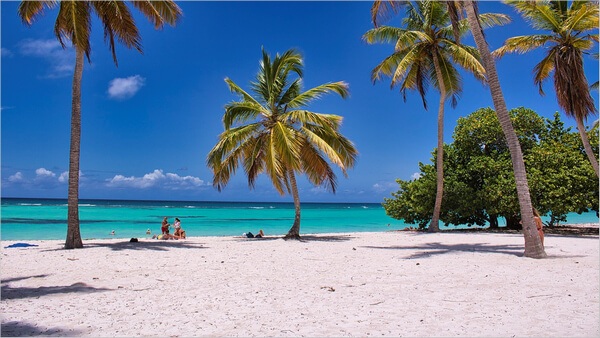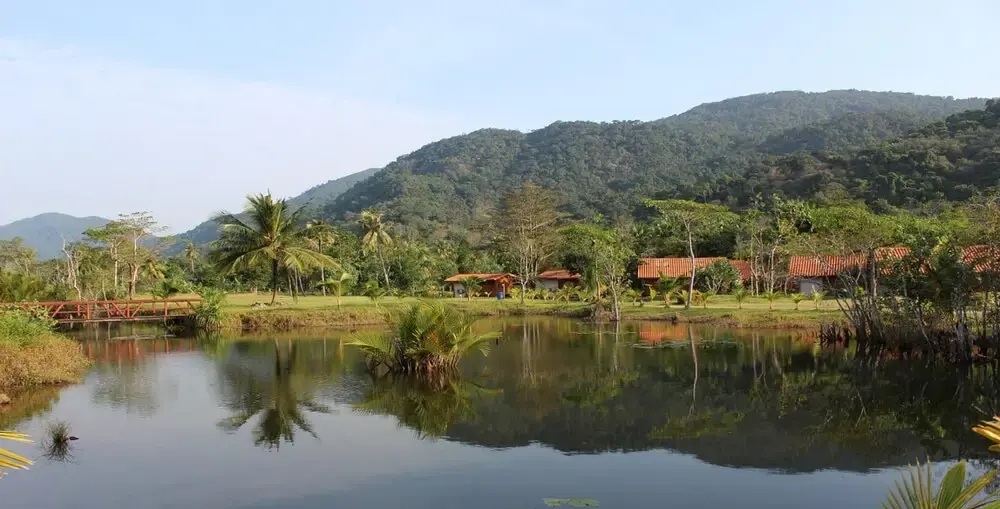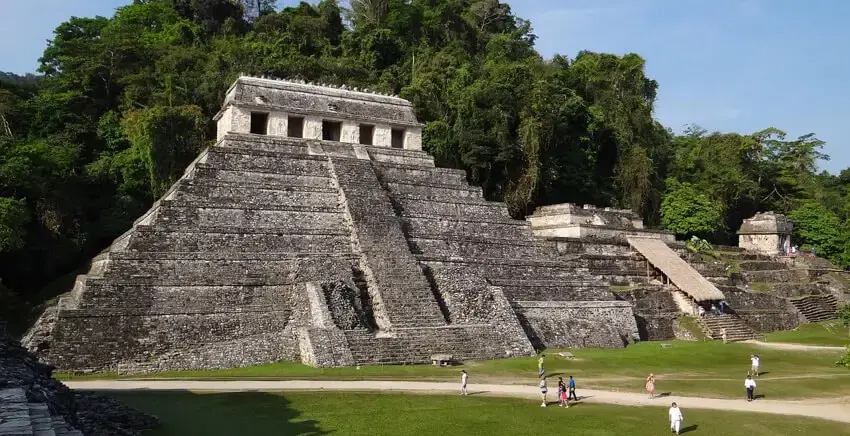Ever thought about those almost dreamlike, tropical places?
You know, where coconuts just fall off trees, and mangoes seem to grow wild… but oddly, humans in these paradises seem to find every excuse to fight with each other.
A young man from Guatemala dropped this insight on me during my ride on a Toronto subway a few years ago.
And let me tell you, it hit me like an unexpected gust of cold wind.
It’s been living rent-free in my mind ever since.
Due to my lower-than-average body temperature, I’ve always craved warm weather.
But then, who doesn’t crave warm weather, right?
The fantasy of lounging in endless sun, no icy sidewalks to slip on… it’s bliss, right?
Or so I thought.
This one conversation turned that idea on its head.
Why is it that these sun-drenched regions are so often plagued by conflict, while colder places seem… quieter?
Let’s untangle this mess.
Abundance: Blessing or Brawl Fuel?
Picture this…
You’re in a tropical climate.
Food is everywhere.
You’re not stockpiling potatoes for winter or hunting for survival.
But …here’s the kicker… instead of enjoying this abundance, people start scrambling to control it.
It’s like too many cooks in the kitchen, except the stakes are resources, power, and sometimes, lives.
Scarcity?
It’s just not as pressing, so priorities shift to dominance and… dare I say… greed.
Contrast that with cold regions.
Snowstorms don’t care about your plans.
If you’re not prepping and cooperating, you’re freezing… or worse.
These climates demand teamwork.
Historically, harsh winters made people pool resources, share labour, and, well, survive together.
You can’t exactly wage war when you’re too busy chopping firewood or curing meat.
The Pressure Cooker Effect
Tropical regions are treasure troves… biodiversity, natural resources, you name it.
But they’ve been picked apart for centuries.
From colonial empires exploiting spices and rubber to modern corporations extracting oil and minerals, external interference has left deep scars.
Political instability?
Check.
Corruption?
Double check.
It’s like a domino effect of chaos.
Meanwhile, colder regions…
Sure, they’ve been exploited too (let’s not forget Arctic drilling), but their survival-first mentality often fostered localized, practical solutions.
There’s a subtle kind of wisdom that comes with planning for six months of freezing temperatures.
Ancient Societies: Harmony or Illusion?
Let’s talk about the Mayans and Polynesians.
At their height, they were trailblazers.
Agriculture, astronomy, seafaring… you name it.
But what about the end?
Harmony… was it a myth?
The Mayans likely struggled with internal disputes, overpopulation, and maybe even resource depletion.
Polynesians?
Inter-island rivalries and scarcity were real challenges.
The fall of these civilizations shows us something important… even paradise has limits.
Winter’s Weird Comfort
I’ll be honest.
As I’ve grown older, winter mornings… the kind that make your bones ache… have started to feel oddly comforting.
There’s something grounding about the routine of surviving the cold.
No, it’s not perfect.
There are shootings and stabbings here too (don’t get me started), but systemic violence like cartel wars?
Not really.
Maybe it’s the way cold forces you to think ahead, to share, to huddle together in the dark months.
It’s not utopia… far from it… but there’s a kind of peace in the struggle.
This topic is a rabbit hole.
Warm weather, abundance, conflict, harmony… how do they all connect?
Maybe it’s not the environment itself but how we, as flawed, ambitious, sometimes downright messy humans, respond to it.
So, now, when I feel that icy wind in the morning, I shiver and then I smile.
It’s a reminder that the challenges of winter… while harsh… can also be its hidden strengths.
They remind us of our resilience, our ability to adapt, and, yes, to find warmth even when everything around us is frozen.
What do you think?
Is paradise overrated?
Or is there a middle ground we’ve yet to figure out?
Share your thoughts, and let’s keep this conversation alive… just like those tropical fruits that seem to defy gravity.
Credit for Header: image found on Pixabay.com. Other images from Pixabay.com and Pexels.com









